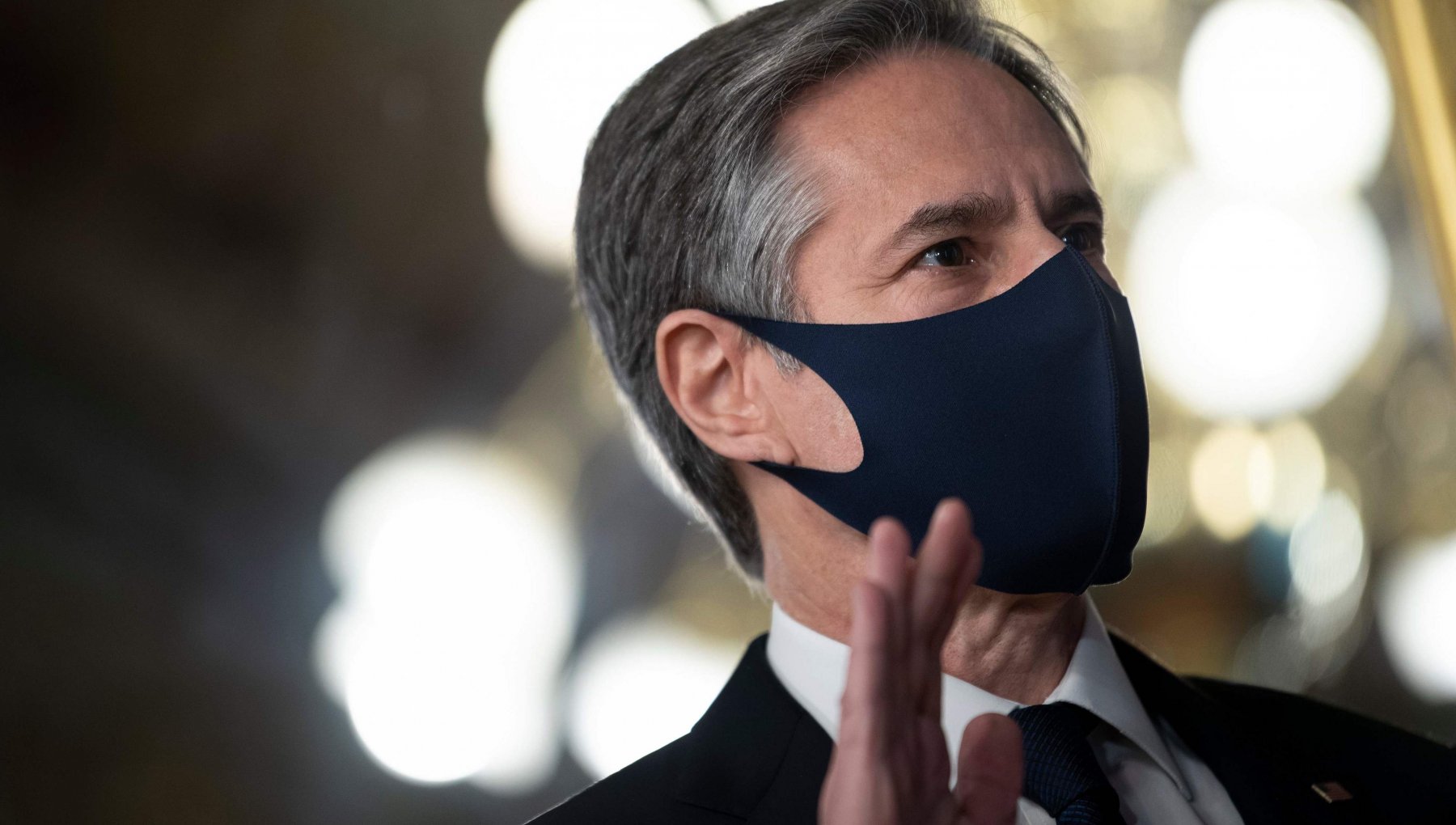New York – “The United States will defend democracy every time it is attacked.” Joe Biden He immediately and personally takes charge of the first foreign policy test: the coup in Burma or Myanmar is a very dangerous test. The country that the Obama-Biden administration managed to steal from the Chinese sphere of influence is oscillating; Another authoritarian advancement in a world marked by “stagnant democracies”.
The leader that Obama and Biden, Hillary Clinton H John Kerry They supported the Burmese lady, even among the reservations of many Westerners Aung San Suu Kyi. Although Burma is the poorest country in Southeast Asia, its strategic importance is clear to Washington: It has oil, diamonds, timber and other natural resources. It sits on the border between a democracy friendly to America (India) and China. It is crossed by the Belt and Road projects that Xi Jinping It boosts its economic and geopolitical expansion.
So Biden immediately got hold of the Burmese file, treating it as a very big crisis. A few minutes later a statement from his foreign minister Anthony Blink (“We are pressing the military to release Aung San Suu Kyi and all the detained civilians, and respect the democratic will of the Burmese people expressed in the vote”), the White House itself is the one who steps in to increase the dose and signal the first-person commitment of the President of the United States. “The military coup and the declaration of a state of emergency – says Biden – are a direct attack on the transition to democracy and the rule of law. The international community must act together to pressure the military. The United States has lifted sanctions on Burma over the past decade on the basis of progress toward democracy. This decision “.
At stake is one of Obama’s rare foreign policy successes, when Burma’s free elections in 2015 led to the woman’s victory. The difference is clear with Beijing’s reaction, where the Foreign Ministry confines itself to the Solomon Declaration, as there is no slightest condemnation of the coup or the arrest of a democratically elected prime minister: “We are a close friend, we hope that all parties will solve their differences in stability.” Last month, the Chinese foreign minister was on a visit to Burma, as part of “vaccine diplomacy.”
For Biden, the challenge is two-fold. It is the first test of foreign policy that according to the tradition of your party wants to be on the human rights issue. This is the first crisis in which the new president must gauge – and possibly contain – the expansionist ambitions of China’s sphere of influence. There are already credible Democrats in Congress for immediate sanctions.
The fear of the White House and State Department is that the ban will push the coup army faster into Beijing’s arms. The pendulum of history will likely go back to what it was ten years ago, when Myanmar was mostly under the political and economic influence of China. Then the army wanted to “diversify” international relations so as not to suffocate in dependency, and thus the uncertain and fragile transition to democracy was born.
Aung San Suu Kyi received the Nobel Peace Prize, but soon her capital of credibility in the West began to decline: when she was accused of supporting ethnic and religious persecution against the Muslim minority of the Rohingya. The United States has re-imposed sanctions, which target exclusively some military leaders. But the Western crackdown on Rohingya rights could prove fatal: to weaken the democratic prime minister by denying them tangible support, and pushing the military back to China. The new coup is worrying as it coincides with renewed border clashes between Chinese and Indian soldiers.

Communicator. Reader. Hipster-friendly introvert. General zombie specialist. Tv trailblazer

